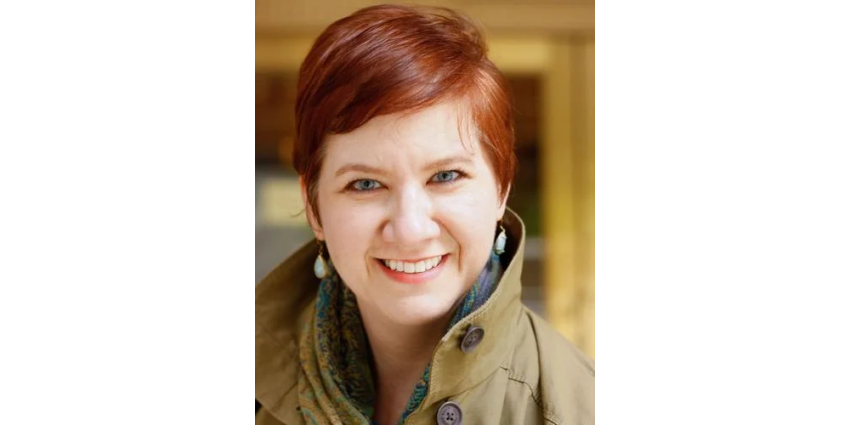The Magic Flute
Director revisits inventive 'Magic Flute,' coming to Tucson this weekend

Texas-based opera director Tara Faircloth revisits a Steampunk-inspired production of Mozart’s The Magic Flute, coming to Tucson this weekend.
Arizona Opera’s cast for this weekend’s The Magic Flute includes current and past members of the company’s Marion Roose Pullin Studio program.
While Arizona Opera has its sights set on the 2023-24 season, the company will bring its 2022/23 Season finale to Linda Ronstadt Music Hall this weekend.
Austin-based director Tara Faircloth, making her sixth appearance with Arizona Opera, is spearheading a remount of Daniel Rigazzi’s production of Mozart’s The Magic Flute. Performances are on Saturday, April 15, and Sunday, April 16.
Faircloth has updated the 2015 production with some video projections that take the audience deeper into the forest as Prince Tamino and the bird-catcher Papageno, who carries magic bells and plays pipes, set out to rescue Pamina, daughter of the Queen of the Night, from Sarastro, the Queen’s adversary and ranking priest.
Faircloth, who has been a regular to Arizona Opera since debuting in 2015 with Puccini’s Eugene Onegin, sees The Magic Flute as “delightful piece of theater” that can be viewed on two levels: as a story about Mankind’s search of self-actualization to become a whole person and as a story of two goofy guys having an adventure and meeting interesting, wacky characters as they face challenges to complete their mission.
“I think that’s pretty delightful from an audience perspective,” said Faircloth. “And it’s some of the best music put to the page, and that’s also really wonderful.”
Rigazzi’s production sets The Magic Flute in the late 1880s Steampunk style that Faircloth said feels very much like a whimsical fairytale.
“The princess wears a pretty pink dress and the Temple of Wisdom priests all look kinda like ‘Harry Potter’ characters,” she said. “They’re wearing a lot of velvet robes and such.”
Images from surrealist painter Rene Magritte complete the vision of a “beautiful, magical world,” Faircloth added.
Faircloth, one of less than 60 female opera directors worldwide, also approached the piece from a female view, extracting some of the misogynistic language from the score, including declarations that you “can’t trust women and their wily ways; they talk and have nothing to say.”
“Basically, we cut the bad parts. We cut so many of those parts. That’s one way a modern director can address problematic scores is we just take out the parts we don’t like,” said Faircloth, a 20-year veteran of opera stages around the country. “And I think that Mozart would applaud this. He was the ultimate craftsman of the dramaturgy. He was a man of the people and he wrote what his audience would enjoy and he did it very well. And I think he was infinitely practical and interested in crafting pieces that really speak to the human spirit where it is in the moment.”
“I think a lot of times we want to just shuffle women characters into a victim status or things are being done to them. … I read these stories and I see women put in tough circumstances that are making really interesting, difficult choices,” she explained. “They might not end up being the hero, but that doesn’t meant that their choices aren’t heroic.“
In addition to The Magic Flute and Eugene Onegin, Faircloth has directed Arizona Opera’s productions of Bizet’s Carmen and Mozart’s Don Giovanni in 2016, Puccini’s Tosca in 2017 and Mozart’s The Marriage of Figaro in 2019.
The Magic Flute cast includes a number of current and past members of Arizona Opera’s Marion Roose Pullin Studio artists program, including tenor Terrence Chin-Loy, who, with fellow The Magic Flute castmate Matthew Anchel, joined Grammy-winning soprano Angel Blue in a Tucson Desert Song Festival recital at Holsclaw Hall on April 1.
“I love to see young singers that are early in their careers that you get a chance to see as baby superstars,” Faircloth said.





